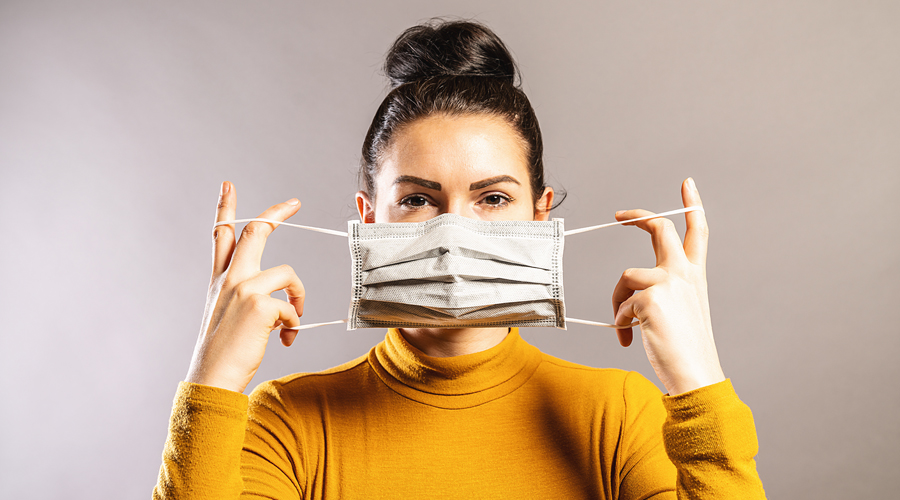The UK government on Saturday said it is considering options around a planned end to lockdown on June 21 after the country recorded the highest number of daily COVID-19 cases in just over two months.
The UK recorded a further 6,238 coronavirus cases on Friday as England's R number, or the rate of infection, continues to rise and the latest government numbers also show another 11 COVID-19 related deaths.
"Of course officials are drawing up other options but we are still expecting to be in a place to go ahead on June 21," a UK government figure told Sky News'.
Options under discussion are said to include retaining the wearing of face masks in certain settings and continuing the work from home advice, even as the hospitality sector opens up. However, the government maintains that there is "nothing in the data" to suggest ending lockdown should be delayed.
The number of COVID-19 cases in the country is now at its highest since March 25, when 6,397 were recorded, and the spike is largely down to the Delta variant or the highly transmissible B1.617.2 variant of concern (VOC) first detected in India.
UK Health Secretary Matt Hancock said that a rise of cases was to be expected as the country came out of lockdown.
"We always expected cases to rise as the country was opened up, the critical thing is the impact on the number of people who end up in hospital for any given number of cases, said Hancock.
"That link has been broken by the vaccine, but it hasn't been completely severed yet. That's one of the things that we're watching very carefully, and it's too early to say what the decision will be ahead of June 21, but we'll make sure people know in good time," he said.
The National Health Service (NHS) said it has seen a huge jump in the number of people coming forward for a COVID jab since launching its plan to tackle vaccine hesitancy. There has been an increase of more than a fifth among adults under 45 who would definitely get their vaccine according to a new study, which surveyed 16,610 people from a nationally representative sample.
According to the findings, 63 per cent would definitely get the jab, with a further 21 per cent likely to accept.
Anyone aged 30 and above is now eligible for a vaccine and the NHS said more than half of people in their thirties have already been jabbed.
Tackling vaccine hesitancy has been at the heart of the NHS vaccination programme, the biggest in NHS history, which has so far delivered more than 55 million doses across England, said Dr Nikki Kanani, NHS national medical director for primary care.
The vaccine is proven to be safe and effective, and it's vital that everyone gets both first and second doses in order to get full protection against coronavirus so when you are invited, please do not hesitate to book in and do what you can to protect yourself, your families and your communities from COVID, she said.
Meanwhile, according to some reports, the government is considering accelerating the vaccine rollout even further with over-40s set to get their second jab within eight weeks of the first rather than 12 as was the case with over-50s. Everyone aged 25 and over is also expected to be offered their first doses from next week.
On Friday, scientists from the Francis Crick Institute called for the speeding up of second doses after a study of the Pfizer/BioNTech vaccine found that it produced lower antibody levels in those with the Delta variant of COVID-19.
PTI











